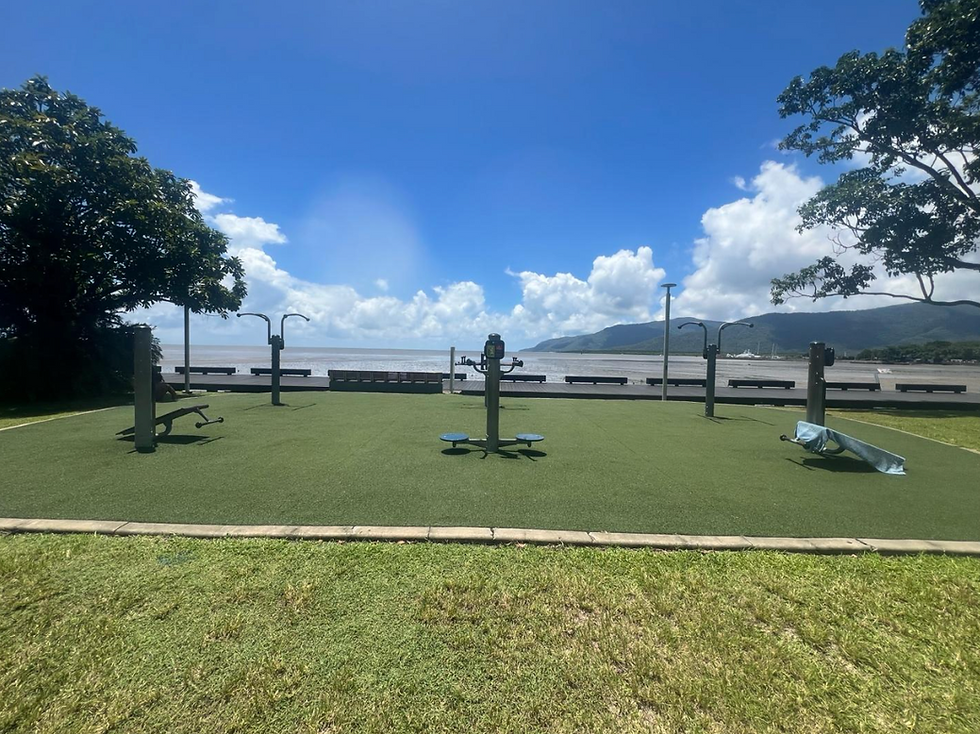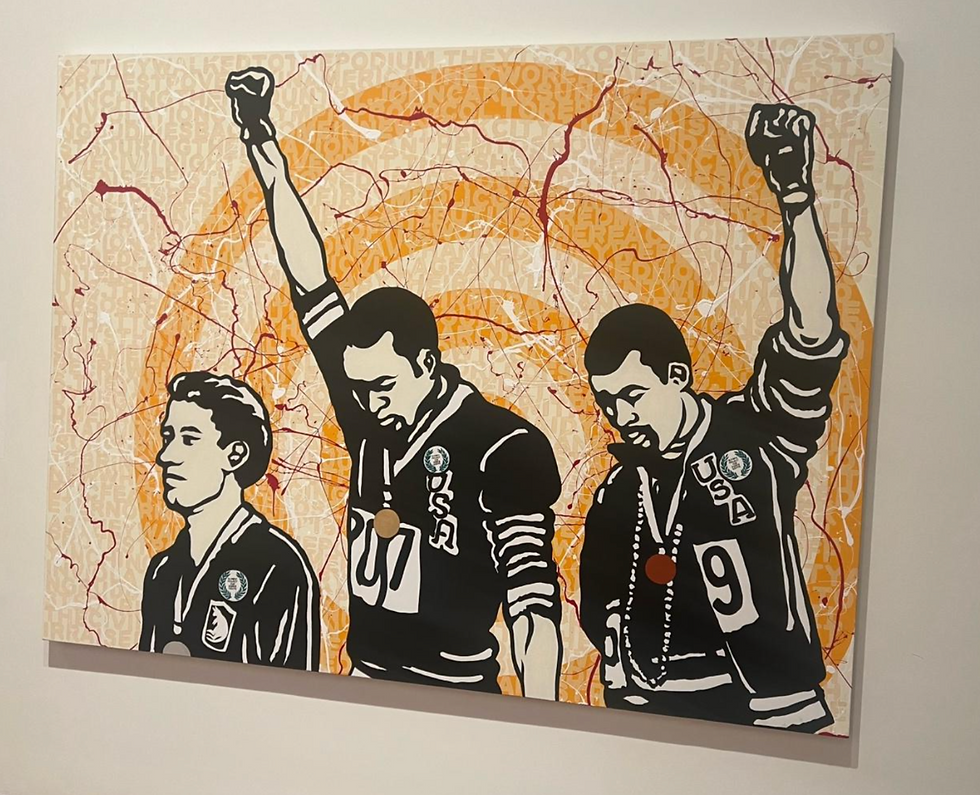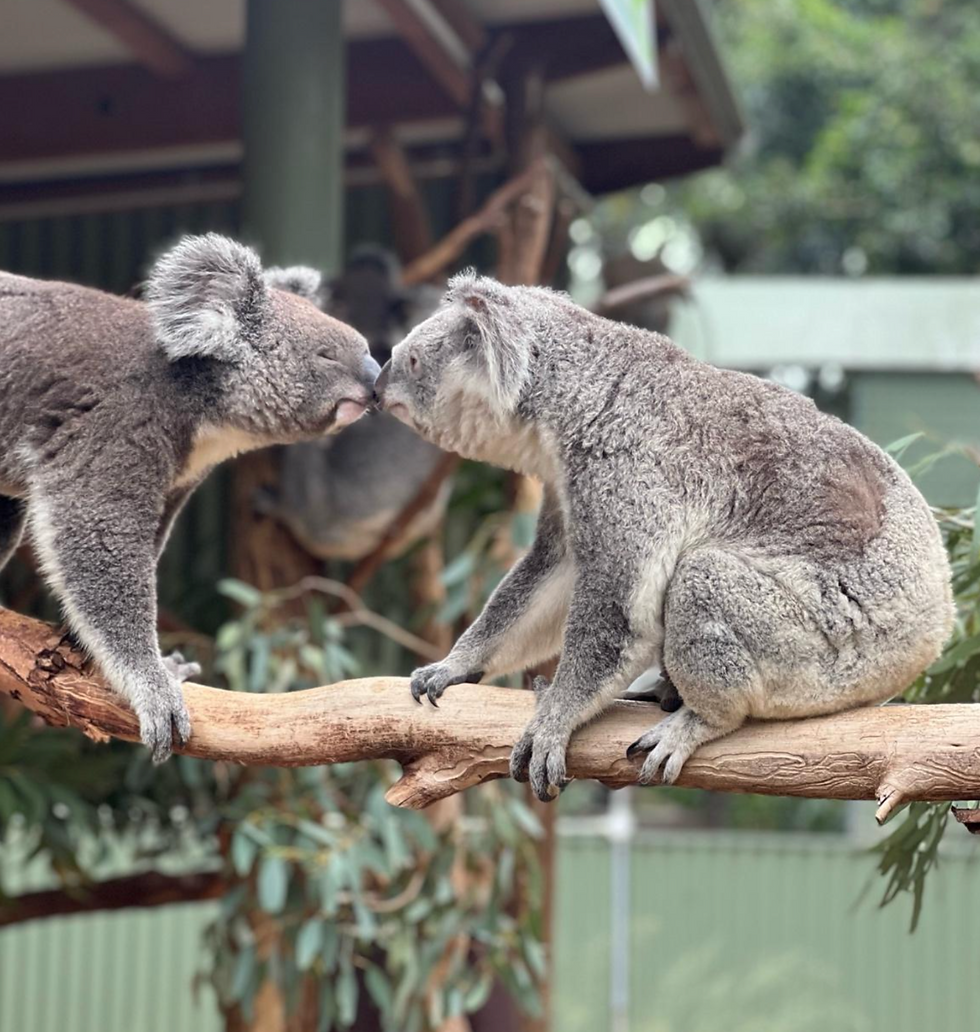The Love of Australia: A Reflection on Culture, Care, and Community
- Sara Mangan Ramelb
- Mar 19, 2025
- 3 min read
Leaving Australia, I find myself profoundly moved—not just by its breathtaking landscapes but by the deep-rooted cultural values that shape daily life. There is an undeniable sense of care woven into the fabric of Australian society, manifesting in both highly visible gestures and quiet, persistent affirmations of inclusion. Signs painted on sidewalks and posted throughout cities remind everyone that they are welcome. Public buses, wrapped in vibrant rainbows, proclaim a simple yet powerful message: "You are loved." These visible declarations reinforce an even deeper, quieter truth—one that permeates every aspect of life here.
A Society That Cares
Everywhere I turn, I see evidence of a country that prioritizes the well-being of its people. The abundance of free national museums, meticulously maintained parks, and thoughtfully designed public spaces reflects a commitment to accessibility and enrichment. Public transportation is plentiful, efficient, and comfortable, ensuring that all areas of the country remain within reach, fostering connection and mobility.

What stands out even more starkly is what is absent—there are significantly fewer unhoused individuals and visibly struggling citizens compared to my home city of New York. While New York prides itself on being one of the more progressive and places with plentiful social services in the United States, even our best efforts pale in comparison to what I witness here. The contrast underscores a fundamental difference: a society that views collective well-being as an investment rather than a burden. As society that says, “we will care for all of us”, instead of “What will we do about them”
Acknowledging History, Honoring Heritage
Another striking aspect of my time in Australia is the widespread recognition of the country’s Indigenous heritage. From the pages of a Sydney Opera House playbill for Henry V to placards found in cities and rural towns alike, there is a clear and consistent acknowledgment of Aboriginal land and history. This level of respect and remembrance stands in stark contrast to what I often see in the U.S., where Indigenous history is either relegated to footnotes or omitted entirely. Australia is far from perfect in its reconciliation efforts, but the fact that these acknowledgments are a visible and expected part of public life speaks volumes.
Lessons for Home
Conversations with Australian citizens further reinforce my admiration. There is a general awareness, a level of civic engagement, and an ability to contextualize global politics in a way that feels refreshing. It is bittersweet to experience, as it highlights both the cultural richness of this place and the growing ideological divide back home.

As I contemplate my return to the U.S, I am finding a clearer perspective on what I believe to be our greatest challenge: our increasing fragmentation. The deep divisions that characterize American society are fueled by fear, misinformation, and a lack of shared purpose. There is a pervasive tendency to view those who look or think differently as others—as threats rather than as fellow citizens. The more we embrace this narrative of division, the further we stray from the ideals we once held dear.
I have been consumed with my fear of the growing threat of fascism and destruction of democratic values back home, and here is the revelation: Even more than a move toward dictatorship it is this dissolution of our fellowship that is the most frightening enemy. I feel the antidote is a deliberate and radical embrace of community. If I am inspired by anything from my time in Australia, it is the realization that true progress is built on the foundation of shared humanity. Those who seem misguided may simply have had different opportunities, less access to education, more harmful influences shaping their worldview. Rather than meeting them with judgment or scorn, I choose to meet them with patience, empathy, and—above all—love.
I leave Australia not just with admiration but with a commitment: to cultivate this spirit of care and inclusion in my own community. To build, in whatever way I can, a society that chooses connection over division. Because real change begins not with distant policies but with the way we treat one another, every single day.


















Comments